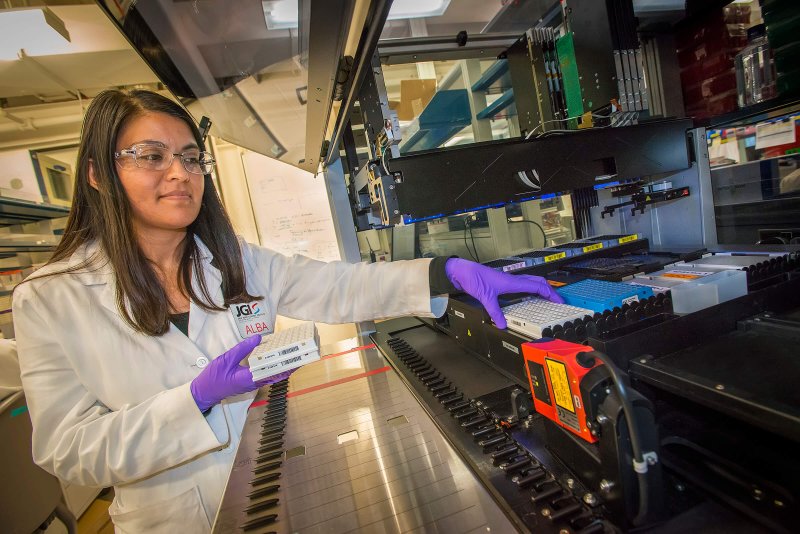Every living creature on Earth has parents, grandparents, great-grandparents and so on—representing an unbroken line of ancestry all the way back to the very first organisms that lived here billions of years ago. Soon we will have life forms that have no such direct lineage. The first of these organisms will be bacteria. Bioengineers will use computers to develop such bacteria and specifically tailor them for applications in medicine, industry or agriculture. With the help of DNA synthesizers, they will build these bacteria’s genomes from the ground up to produce artificial life forms.
…
Such artificial life forms, with no mother or father, may sound like science fiction, but I am convinced that they will soon be a reality.
…
Such organisms offer plenty of opportunities—particularly in medicine and the biotechnological manufacturing of therapeutic agents.
…
Artificial bacteria could be used as a novel kind of vaccine: it is conceivable to make bacteria that are completely harmless to the human body, but carry fragments of pathogens on their surface. Such organisms could teach the immune system to efficiently recognize the pathogens and defend against them. This approach is significantly faster and less expensive than the conventional, expensive production of protein vaccines.































